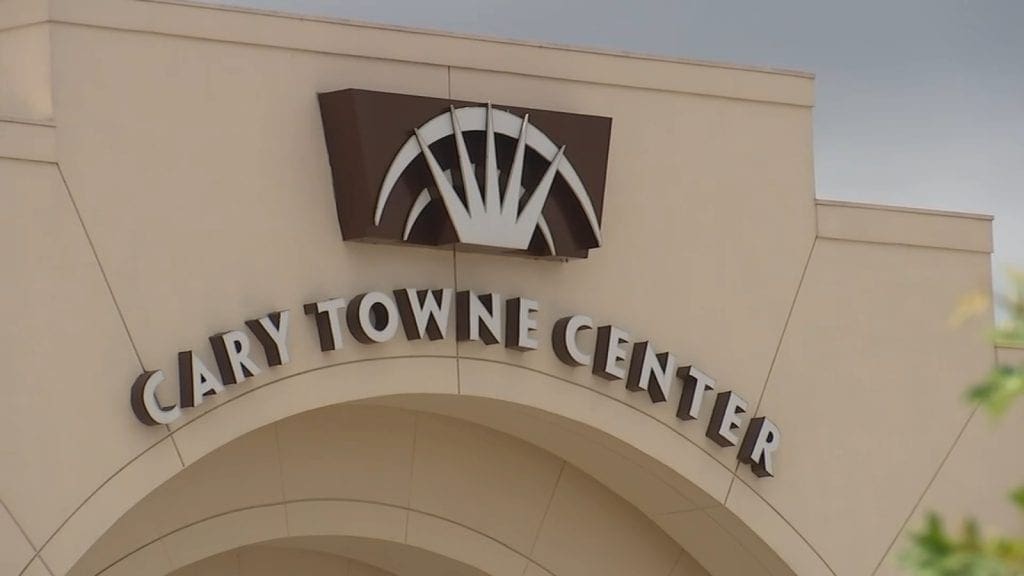There’s a curious ongoing dispute between Matt Mullenweg, co-creator of WordPress, and WP Engine, a web hosting service. For those unfamiliar, here’s a summary of the situation.
Things escalated dramatically today when a new checkbox appeared on the WordPress login page, requiring users to affirm that they have no affiliation with WP Engine.
Update: On December 10, a judge issued a preliminary injunction mandating that access be restored and the login box be removed.
The WordPress vs WP Engine Conflict
WordPress and WP Engine (WPE) have had a contentious relationship for quite some time. As a hosting provider for WordPress sites, Mullenweg has often claimed that WP Engine fails to contribute adequately to the WordPress community.
However, the situation intensified when Automattic began demanding that WPE pay millions for a trademark license. In retaliation, WPE took legal action against Automattic, alleging extortion.
In recent weeks, [WordPress] has been implementing a plan to exclude WPE from the WordPress community unless they agreed to pay Automattic tens of millions of dollars for a trademark license that WPE does not even require.
The defendants’ sudden ultimatum left WPE with less than 48 hours to either comply or face expulsion and reputational damage. During this brief window, intimidating messages and images were sent to pressure WPE into making an outrageous payment. After WPE chose not to give in, the defendants escalated the conflict, engaging in what they described as a ‘nuclear’ assault on WPE.
Mullenweg reacted strongly, resulting in WPE being banned from WordPress.org.
Due to their ongoing legal actions against WordPress.org, WP Engine no longer maintains free access to WordPress.org’s resources […] There is no reason for WordPress.org to provide these services for free to WP Engine considering their attacks against us. WP Engine may continue to offer their altered, derivative version of WordPress’s GPL code to their clients, presenting the platform as they see fit while reaping all the profits and rendering all services.
Mullenweg’s staff did not unanimously back his decision. When this became evident, he insisted they either support him or resign. According to CIO, many chose the latter option.
Mullenweg opted to incentivize dissenters to leave, offering what he called “the most generous buy-out package available”: $30,000 or six months’ salary, whichever was higher. There were two stipulations: staff had to decide by 1 p.m. Pacific Time on Oct. 3, and they could not be rehired by Automattic.
By the deadline, 159 employees—8.4% of the company’s workforce—accepted the exit offer, including one employee who had just started two days prior.
New WordPress Login Requirement
A new checkbox has recently been introduced on the WordPress login page, as noted by 404Media.
Users on WordPress.org are required to confirm that they are not “affiliated with WP Engine in any manner, financially or otherwise,” prior to registering a new account or logging in […] If users fail to check that box, they cannot log in or create a new account.
According to WPTavern, several prominent contributors in the WordPress community are presently unable to access their accounts.
Multiple community members have reported being barred from WordPress Slack, including Javier Casares (Hosting Team Representative and Lead for the WordPress Advanced Administration Handbook), Ryan McCue (WordPress committer and co-lead on the WordPress REST API), Jono Alderson (technical SEO consultant), Alex Sirota (founder of NewPath Consulting), and Andrew Hutchings (Chief Contributions Officer at MariaDB Foundation).
DMN’s Perspective
While Mullenweg may be justified in wanting WPE to show greater appreciation for WordPress, the reality is that WordPress was developed as open-source software allowing for commercial use.
Regardless of the arguments at play, this is not an appropriate way to address the issue. The new login requirement, in particular, reflects a juvenile outburst. Let’s keep WordPress users out of this conflict, please.
: . More.




